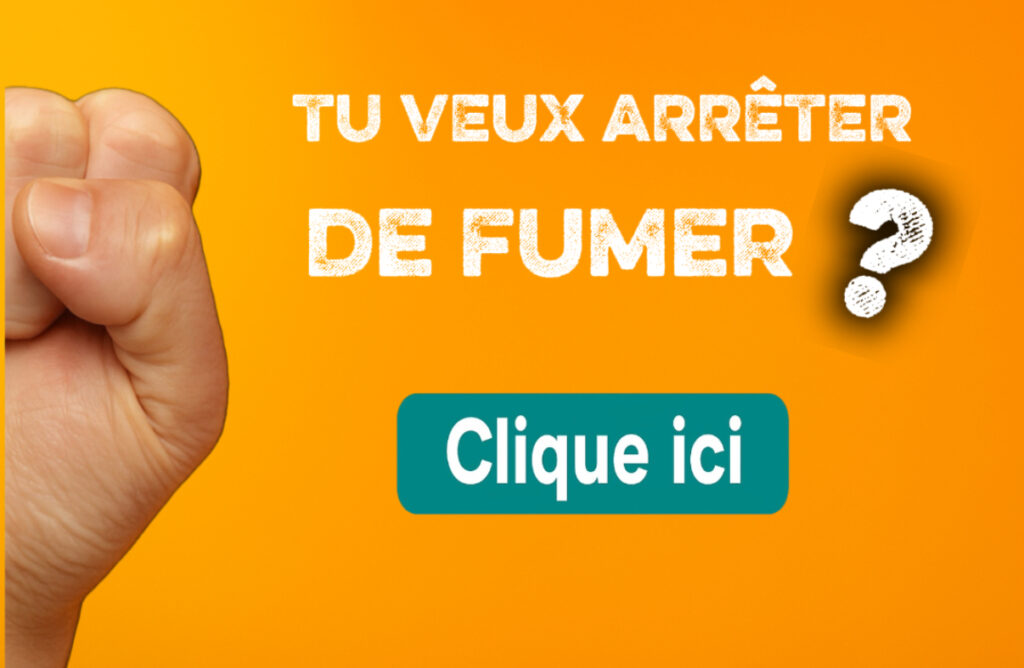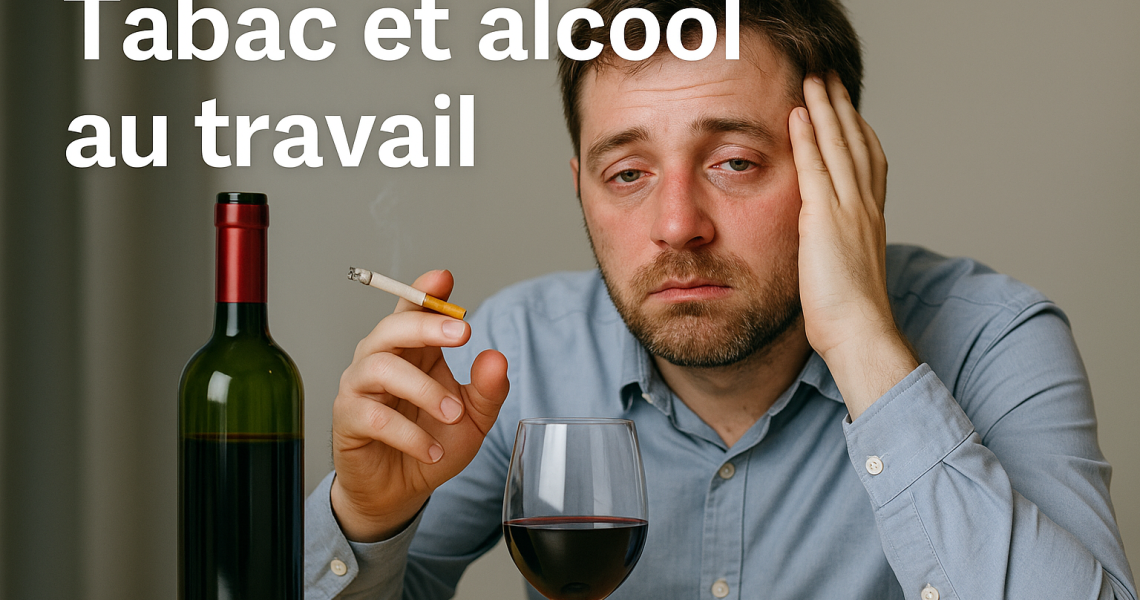Do you ever think that your cigarette or after-work drink is a way to blow off steam? You’re not alone. In France, many employees admit to usingalcohol and tobacco as a way of escaping the constraints of their work. Behind these banal gestures, however, lie complex behaviors, with sometimes devastating effects on health andemployment.
When work becomes a battleground
Everyday life at work is fraught with constraints: staggered working hours, high targets, hierarchical pressure. In Reims, as in Tours, theorganization of certain companies pushes their employees to seek a quick response to relieve the tension.Alcohol and tobacco are seen as immediate stress-relievers, but the long-term effects are negative.
University psychology research shows that such behavior is often a form ofself-medication. Employees feel trapped by their environment, and seek to regain control through a habit that actually weakens them.
Social behavior rooted in culture
Alcohol and tobacco occupy a special place in French social culture. We toast our celebrations, light up with a cigarette during a break. But this trivialization masks theorigins of some work-related consumption.
Researchers such as Zouaghi, Huyghebaert, Tiphaine and Gierski fromURCA (Université de Reims Champagne-Ardenne) are analyzing these practices. Their research reveals a direct link between professional expectations and addictive behavior. Overload, lack of recognition or a precarious job become triggering factors.

Effects on health and the working environment
Let’s face it:alcohol and tobacco are destructive. Smoking remains the leading cause of preventable cancer in France, whilealcohol is implicated in numerous digestive and cardiovascular diseases. The effects are not limited to the body:employment suffers too. Fatigue, loss of concentration, mistakes… all have a negative impact on professional performance.
Surveys carried out in theArdenne Champagne Reims region reveal a social model in which drinking habits are rooted in the way work isorganized. But in the face of these findings, risk reduction is becoming a collective necessity.

Teleworking, isolation and self-medication
Telecommuting, often presented as a step forward, also has its downsides. Isolated in a domestic environment, employees find themselves confronted with their own expectations and vulnerabilities. The temptation to usealcohol or tobacco becomes stronger as a way of coping with emotions and tension.
A psychology institute specializing inemployment and mental health observes that these behaviors are akin to a rapid but ineffective response. The relief is small and temporary, while the cumulative effects weaken health and encourage serious illnesses such as cancer.
The need for a new prevention model
How can we break out of this vicious circle? The solution does not lie solely with the individual. It requires a collective model, designed into the veryorganization of work.
- Companies need to review their working hours, give better recognition to effort and reduce unnecessary constraints.
- Public policies, inspired byURCA‘s university research, need to develop appropriate reduction and prevention programs.
- Experts such as Fabien Gierski and other psychology researchers point out that the response must be global: integrating physical and mental health into professional management.

Regain your freedom with MyLaserTabac
Weaning yourself off tobacco andalcohol may seem difficult, but the anti-smoking laser method proposed by the company MyLaserTabac offers a natural and effective solution. Thanks to gentle laser stimulation of specific reflex points, it is possible to reduce cravings, relieve stress and promotestop smoking andalcohol cessation. Many consultants report rapid relief and greater control over their addictive behaviors. We invite you to come to one of our MyLaserTabac centers for a session and discover for yourself the benefits of this approach.
Conclusion: getting out of the trap
The article ” Alcohol and tobacco: escape routes from the pressures of work? ” raises a crucial question: why do we still acceptalcohol and tobacco as the only escape routes from the pressures of work?
The effects are clear: illness, cancer, loss of performance, isolation. The constraints of the workplace, whether in Tours, Reims orArdenne Champagne, call for a collective response. Reducing these behaviors requires a new work environment, a more humane model, supported by research and public policy.
Because at the end of the day, it’s not just about numbers and statistics. It’s about health, dignity andsustainable employment. And perhaps, finally, learning to say no to those false alliesalcohol and tobacco, so as to regain a balance between personal and professional life.
